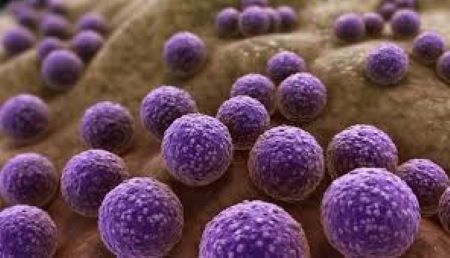Dr Mu’azzam Wali of the Department of Microbiology, Abubakar Tafawa Balewa University (ATBU), Bauchi has cautioned against the wrong use of antibiotics, particularly in agriculture and animal husbandry.
Wali gave the advice in an interview on Thursday in Bauchi.
He said the alarming risks of antibiotic resistance, antimicrobial residues in animal products, and environmental harm were due to the wrong use of antibiotics.
The expert emphasised that the misuse of antibiotics contributed to the development of antibiotic-resistant microorganisms, a growing global health challenge.
According to him, “When antibiotics are overused or misused, microorganisms such as bacteria and fungi develop resistance, rendering these drugs ineffective for treating infections,” he warned.
Wali explained that antibiotics were often used irresponsibly by some persons in Nigeria as growth hormones or for therapeutic purposes, especially in animal husbandry.
“This practice has serious consequences because antibiotic resistance and the presence of antimicrobial residues in animal products, can negatively impact on human health and the environment.
“The accumulation of antimicrobial residues in meat, plants, and the environment can be toxic to humans,” he said.
Wali stressed that improper use of antibiotics in agriculture, including fish farming, has far-reaching impacts on human health.
“When antibiotics are irresponsibly used in animals and aquaculture, the drug residues end up in the environment, where they affect not only aquatic life but also humans who consume such products.
Wali also recommended that Nigerians should adhere strictly to antibiotic usage guidelines and the establishment of an antimicrobial stewardship programme.
“We need to adhere to responsible use of antibiotics by following proper diagnosis, adhering to dosage instructions, and abiding by international and national guidelines,” he said.
Wali urged policymakers, stakeholders, and the public to take immediate action to prevent severe consequences to human health, the environment, and the ecosystem due to the challenge.
NAN


